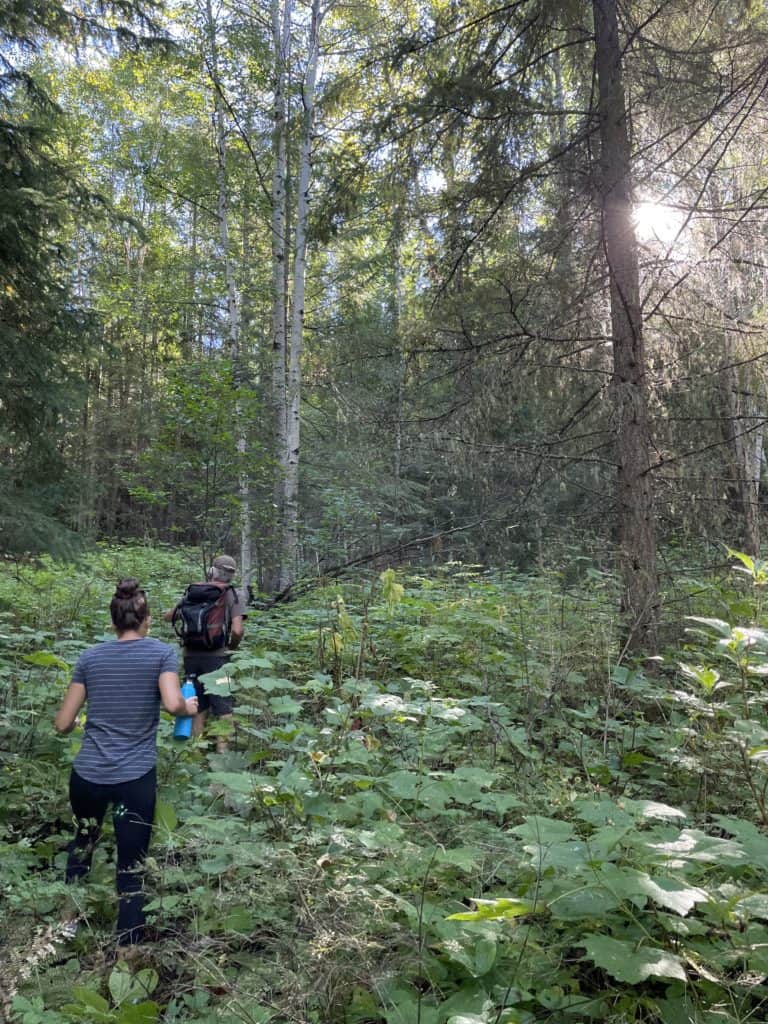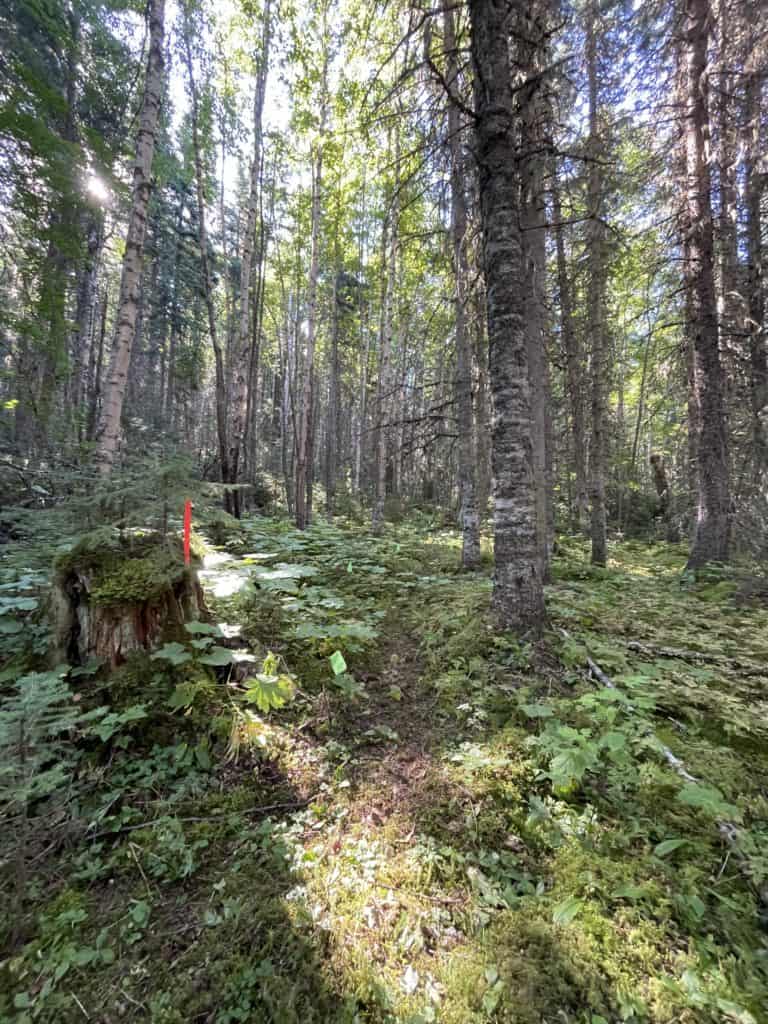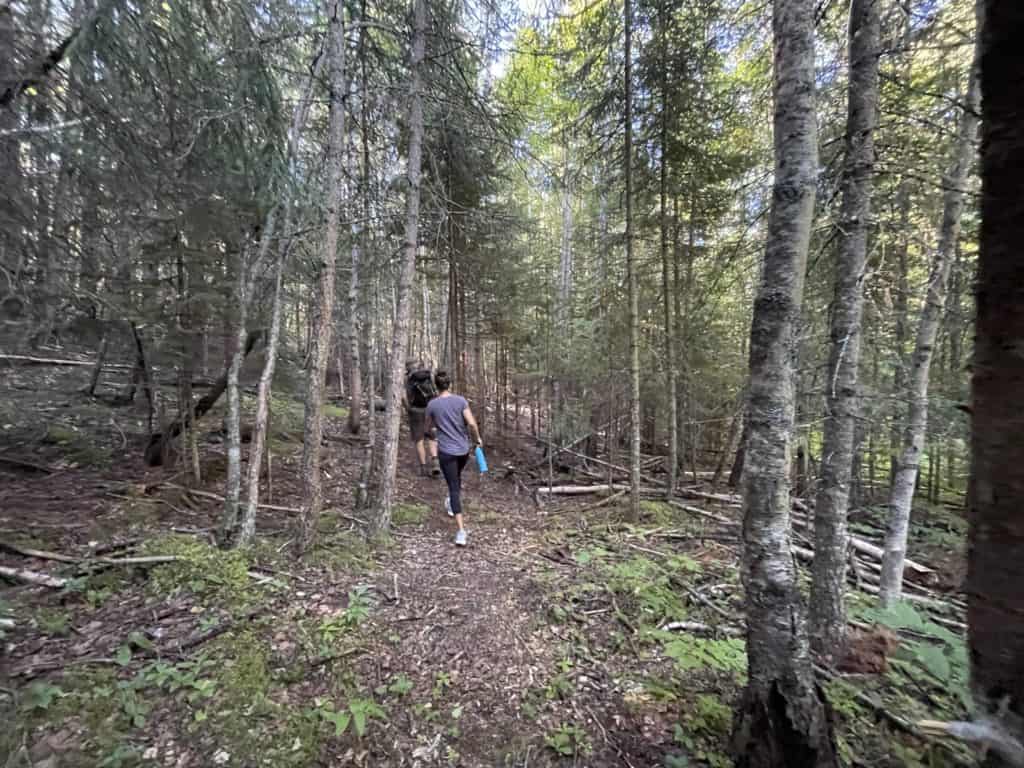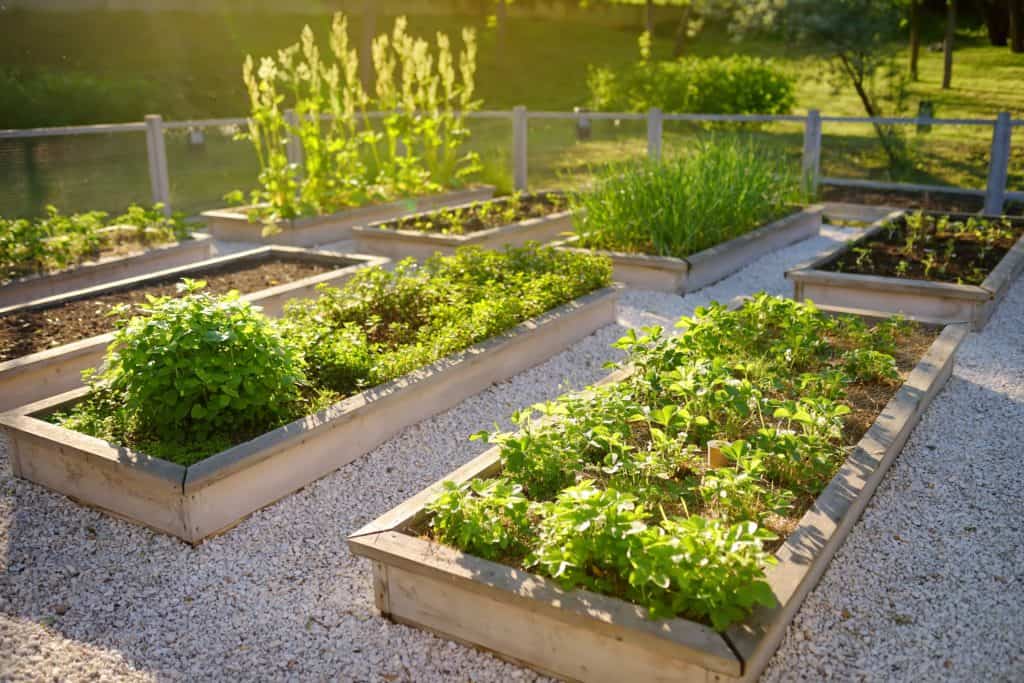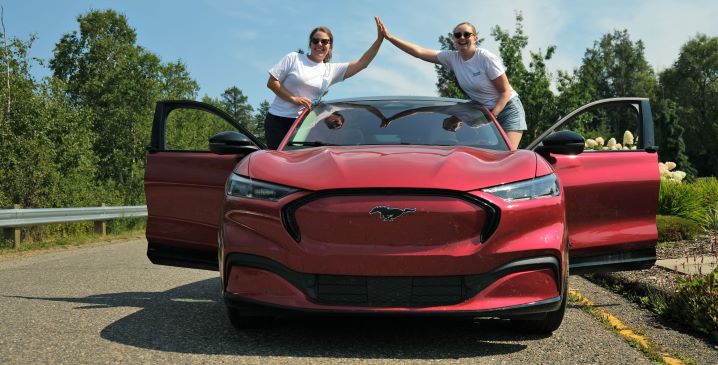
All Photo Credit: Community Energy Association
From August 12-21, the Community Energy Association (CEA) toured an electric Mustang Mach-E through 13 communities in central and northern B.C., including 10 in Northern Development’s service region. The 10-day tour was organized to support Charge North, a partnership involving 23 regional districts, municipalities and First Nations to create an electric vehicle (EV) charging station network across central and northern B.C.
“Our electric mobility experts traveled 2,300 kilometres, offered over 100 test drives and spoke with nearly 400 residents of central and northern B.C.,” said Rob van Adrichem, director of external relations, Community Energy Association. “This tour provided a friendly introduction to the benefits of EVs, what it’s like to drive electric and to share information about the progress that is being made with installing public EV charging stations.”
In 2020, Northern Development approved a $192,000 Strategic Initiatives Fund grant for Charge North to assist with the costs of procuring 46 level 2 EV charging stations in the Trust’s service area.
“Transportation is the largest single source of community-based greenhouse gas emissions in Northern B.C. and these can be reduced by driving electric,” said van Adrichem. “In fact, emissions from the EV Discovery Tour were less than 1 per cent of what would be emitted by a comparable vehicle driving the same distance with an internal combustion engine.”
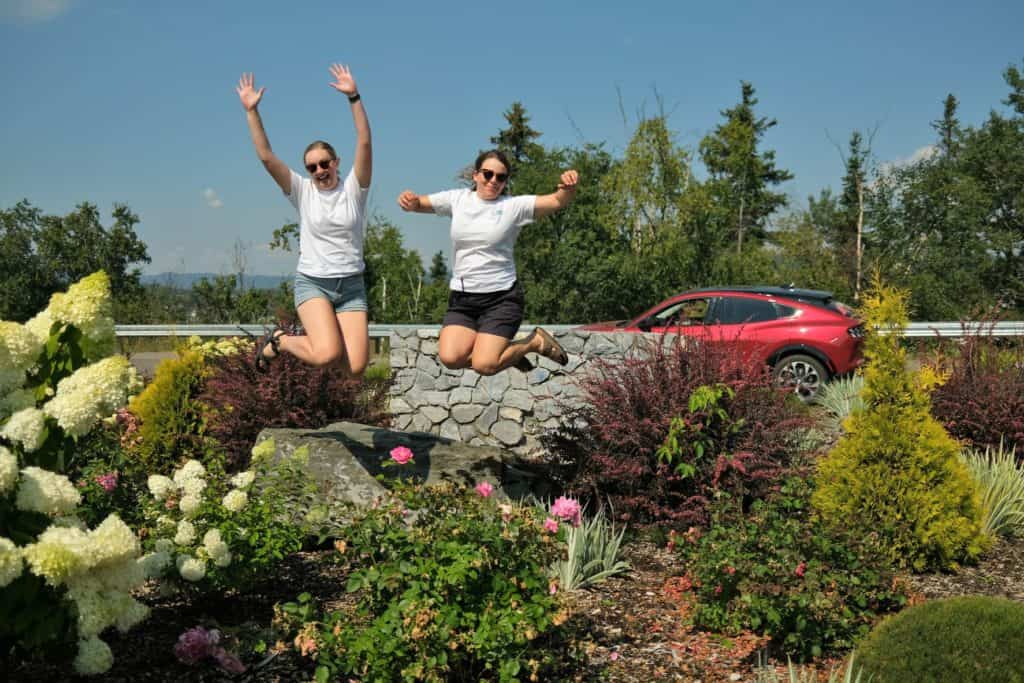
Dubbed the EV Discovery Tour, the 10-day road trip supported Charge North’s objective to accelerate EV adoption by giving northern residents an opportunity to ask questions and meet with local EV drivers face-to-face. More than 100 people also booked a test drive in the Mustang Mach-E to experience the thrill of driving electric first-hand.
“Having the EV Discovery Tour stop in Houston was incredibly informative and inspiring for our residents who are curious about EVs and what the transition could look like for them,” said Michael Dewar, chief administrative officer, District of Houston. “Having Danielle and Carly from the Community Energy Association on hand to answer questions about EVs during the Farmers’ Market was very complimentary and encouraged a lot of people to stop and chat about how they can reduce their greenhouse gas emissions.”
By installing and marketing a network of accessible EV charging stations, Charge North will help address range anxiety and demonstrate to potential EV drivers that it is possible to comfortably travel through Northern B.C. with an EV.
Later this year, Charge North will begin installing Level 2 charging stations in 31 communities throughout central and northern B.C., including in four communities on Haida Gwaii and as far south as Logan Lake. View all the communities that are receiving charging stations by reading the January 2020 press release announcing funding for Charge North: https://www.northerndevelopment.bc.ca/news/planned-network-of-47-level-2-charging-stations-receives-boost-from-northern-development/
